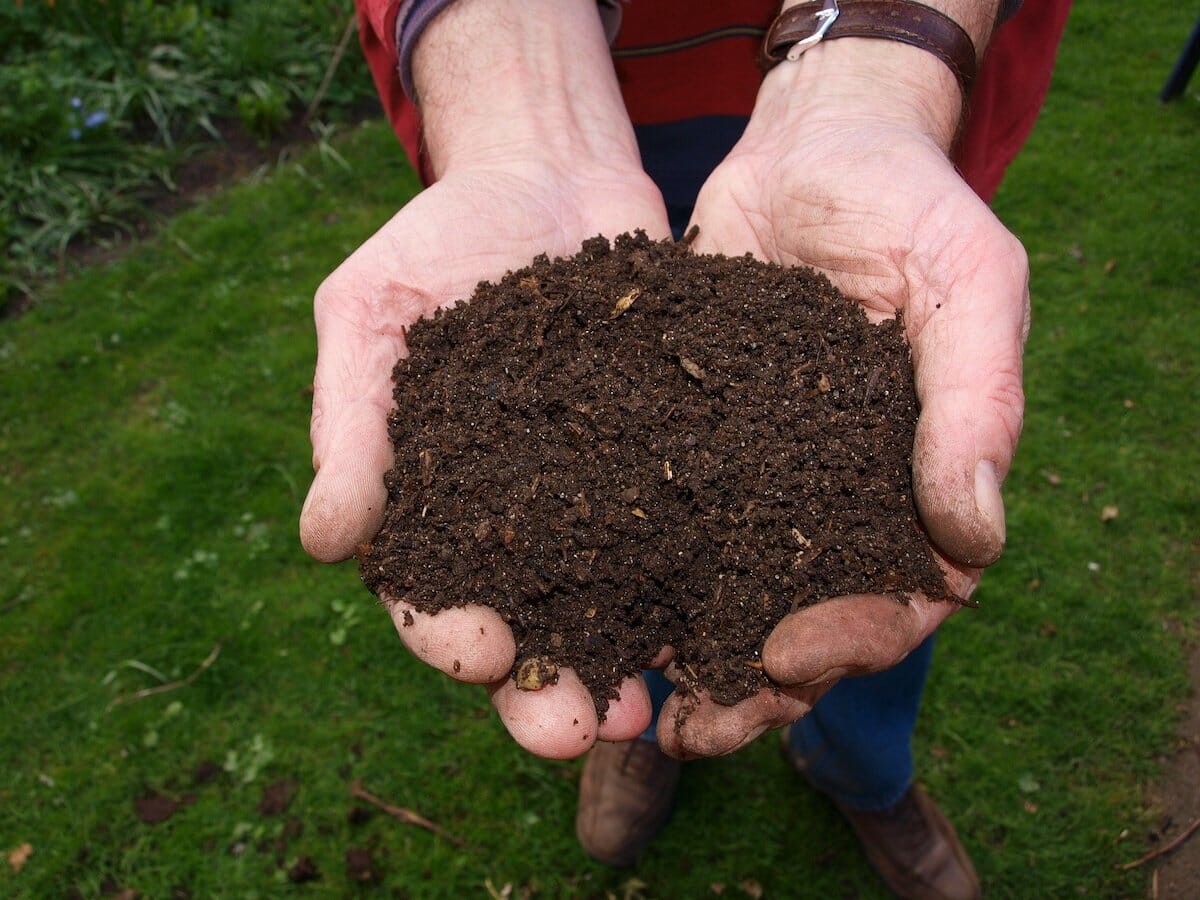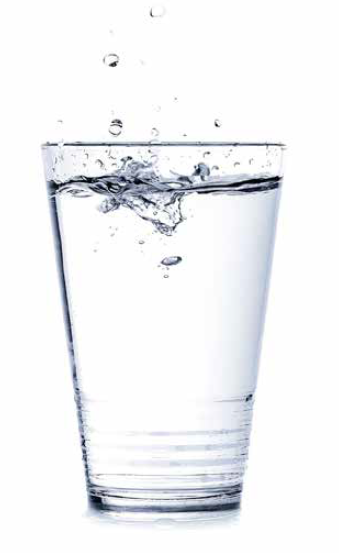We previously talked about the benefits and set up of composting. Here’s how to determine if items can be composted:
Composting is a cost-effective, viable way to reduce trash and produce a beneficial product for gardening and landscaping. This autumn, all those leaves you rake up will make excellent composting material.
Compost is an eco-friendly way to grow a healthy and flourishing garden bed or landscape. Full of nutrients and rich organic materials, compost is often called “black gold” by gardeners for the many benefits it provides. One of the main advantages to compost, apart from the way it boosts plant growth and health, is that it is relatively low cost to produce.
Food scraps and other non-toxic materials that are left to break down naturally create compost. Backyard composting speeds up the natural process of decomposition. In optimal conditions, organic matter can decompose more quickly. According to the Clemson University Cooperative Extension, microorganisms like bacteria, fungi and actinomycetes account for most of the decomposition that takes place in a compost pile.
However, insects also can do their part to create compost. Such insects are referred to as “physical composters” because they break down materials by chewing, grinding and digesting them into smaller pieces. Bacteria create an oxidation process that heats up the compost pile and aids in its decomposition.
Homeowners can create their own compost piles with just a few items. Some of the staples of composting include foods that normally would be discarded. Vegetable peels, fruit rinds, eggshells, coffee grounds, and the like can be put into a compost pile. Meats and poultry should not be placed in a compost pile because of the threat of harmful pathogens and bacteria.
Other items that are not food-related also can be added to compost piles. It may be challenging to determine which ones are applicable. These products are usually considered safe:
paper plates with no coating
products made from bagasse, a fibrous matter that remains after sugarcane or sorghum stalks are crushed
cardboard boxes
paper towels
wax paper
wax-covered paper cups
products certified as compostable by BPI
certified bio-plastics
Anything that is coated in plastic that is not a bio-plastic must go into the trash or be reused in another way.
For more information about composting, visit https://hgic.clemson.edu/factsheet/composting/
Exclusive content from CARE Magazine











